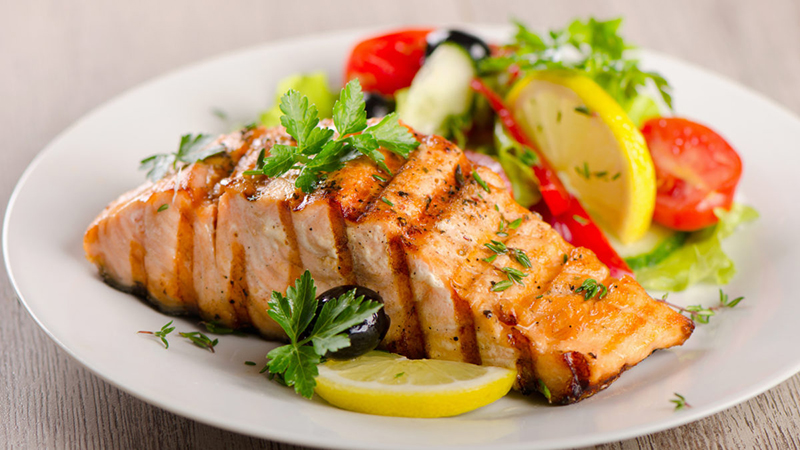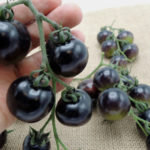Dr. Sunni Patel from Dish Dash Deets on Express emphasizes that an unhealthy diet is often the main cause of high cholesterol. To improve health, the first thing to do is to adjust the diet by choosing wiser food options. Dr. Patel also suggests a list of foods that effectively reduce cholesterol, suitable for the winter weather for your reference.
Oatmeal
Oatmeal, an essential ingredient in British kitchens, is known for its ability to reduce LDL cholesterol, also known as “bad” cholesterol, due to its high content of soluble fiber. The doctor explains that soluble fiber can combine with cholesterol in the digestive system and help remove them from the body.
Dr. Patel emphasizes that consuming 5-10 grams of soluble fiber per day can reduce LDL cholesterol levels. Soluble fiber can be found in many familiar foods such as oatmeal, barley, soybeans, avocados, asparagus, and leafy greens.
To enhance the cholesterol-reducing effect of oatmeal, Dr. Patel suggests adding nuts such as almonds or walnuts to the porridge. These nuts contain a large amount of unsaturated fat and plant sterols, which play an important role in controlling cholesterol levels.

Green Tea
According to Dr. Patel, “Studies have shown that antioxidants in green tea can lower LDL cholesterol levels. Although there are no specific guidelines on consumption, drinking a few cups of green tea daily can have benefits.”
Grilled Fatty Fish
Grilled salmon and tuna are excellent choices for a delicious and nutritious dinner. These types of fish are rich in omega-3 fatty acids, beneficial fats that have been proven to reduce neutral fats and reduce the risk of heart disease.
Dr. Patel says, “Fatty fish can reduce the risk of plaque formation in the arteries, thereby improving blood cholesterol levels.”
According to recommendations from the UK National Health Service (NHS), everyone should eat at least two portions of fish per week, including one portion of fatty fish.

Corn
According to Aboluowang, regular consumption of corn can contribute to reducing cholesterol and making blood vessels more flexible. In addition, corn is also considered a supportive method in the treatment of diseases such as gallbladder inflammation, gallstones, and diabetes.
Sweet Potatoes
Sweet potatoes, often considered a “superfood” for digestion, are rich in potassium and effective in preventing high blood pressure, avoiding the risk of stroke, and significantly reducing cholesterol.

Avocado
The viscous protein in avocados can limit the accumulation of fat in the cardiovascular system, keeping blood vessels soft and flexible, preventing artery hardening, reducing subcutaneous fat accumulation, and preventing obesity.
Apples
The polyphenols in apples, a type of natural antioxidant, have the effect of reducing glucose and lipids in the blood, eliminating free radicals, providing moisture to the intestines, as well as anti-inflammatory and antimicrobial properties, preventing an increase in serum cholesterol.
Lima Beans
Lima beans are a food low in fat and sugar but rich in pectin fiber, which helps enhance the removal of organic waste from the body, reduce the accumulation of toxins, and also contribute to lowering cholesterol and fat levels in the blood.





































